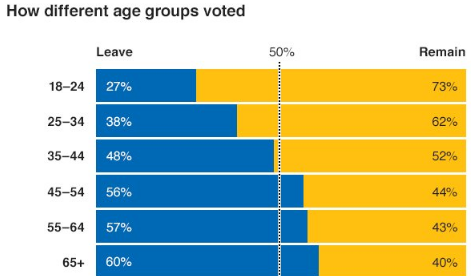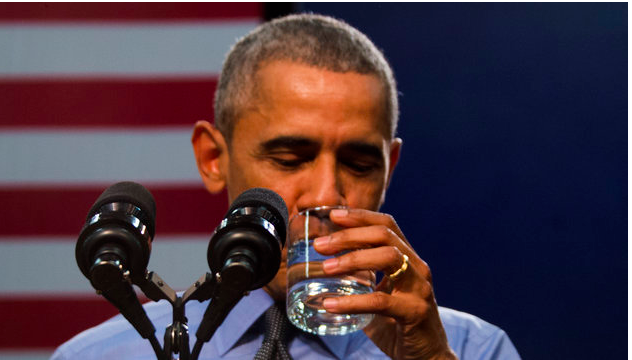 Recent decades have seen a dramatic rise in the use of Alternative Dispute Resolution (ADR) proceedings as a means to evaluate claims and compensate qualified parties in a mass claims settings. These cases can arise from settlements in class or mass actions filed in court or as government-originated programs designed to compensate victims of a military or environmental disaster.
Recent decades have seen a dramatic rise in the use of Alternative Dispute Resolution (ADR) proceedings as a means to evaluate claims and compensate qualified parties in a mass claims settings. These cases can arise from settlements in class or mass actions filed in court or as government-originated programs designed to compensate victims of a military or environmental disaster.
Some examples that I have handled include the settlement and distribution of over $2 billion to low income farmers alleging discriminatory lending practices by the USDA; the distribution of relief to several hundred thousand claimants alleging wage and hour claims against another US governmental agency; the settlement and distribution of compensation to millions of claimants alleging wrongful conduct by a national credit card provider; the review and determination of compensation to class members alleging defective products in a variety of industries; and, of course, the distribution of settlement benefits to thousands people alleging harm from environmental releases into the air, surface- and ground- waters.
While these processes have proven to be very effective in achieving the efficient review and fair payment of claims arising from the same event or a similar type of harm, for the process to be successful, the clients seeking compensation must understand the process and what is expected of them. Transparency is critical to engender trust. Trust, in part, depends upon the design and implementation of procedural safeguards.
I will outline a few key considerations:
There must be consistency in decision-making. Like claims must be decided alike. Claims decided on day one must be handled in the same manner as those decided on the last day. This requires clear and practical procedures, including those governing the preparation, transmission and review of whatever materials must be submitted for each claim filed.
There must be uniform standards of review and decision, which requires both adequate training and constant quality assurance monitoring of those involved in the process.
Form follows function. Each process should be designed specifically to meet the needs of the particular situation. There are numerous decisional formats that post-settlement proceedings can take. Some variables to consider include:
(1) whether the settlement funds or other consideration to be distributed are from a fixed fund or are to be paid on a rolling basis (with no cap);
(2) whether the amount[s] of the potential awards will be determined in advance or will be left to the discretion of the evaluator[s];
(3) whether the decisions will be based solely on written submissions or whether there will be abbreviated hearings;
(4) whether the process will be an adversary one where non-submitting parties will be permitted to oppose or otherwise comment on submissions;
(5) what information or elements of proof will be required to support an award in this process;
(6) what should the submitted claim look like and ask for;
(7) who will the decision-makers be – lawyers, judges, others with particular substantive expertise;
(8) how will claimants be notified of the decision on their claim;
(9) timing considerations – when will the claim submission period start and end;
(10) whether there should be an “appellate” process for the review and correction of certain awards.
Expect the unexpected. These often are huge undertakings. Despite the best planning, unanticipated issues inevitably will arise during the process that will require attention. Flexibility to amend the process to address these needs is vital.
As I mentioned above, the process must be clear, open and understood by all so that everyone involved had confidence in its fairness. Claimants must know what is expected of them, what the process will entail and believe that each claim will be decided on its own merit under the applicable standards.
(more to come on this issue in future blogs . . . )






[…] when it comes to resolving more substantial or outlier claims. But as I have written in previous blog posts, introducing the concept of tiers into a comprehensive ADR scheme, enables the parties to […]